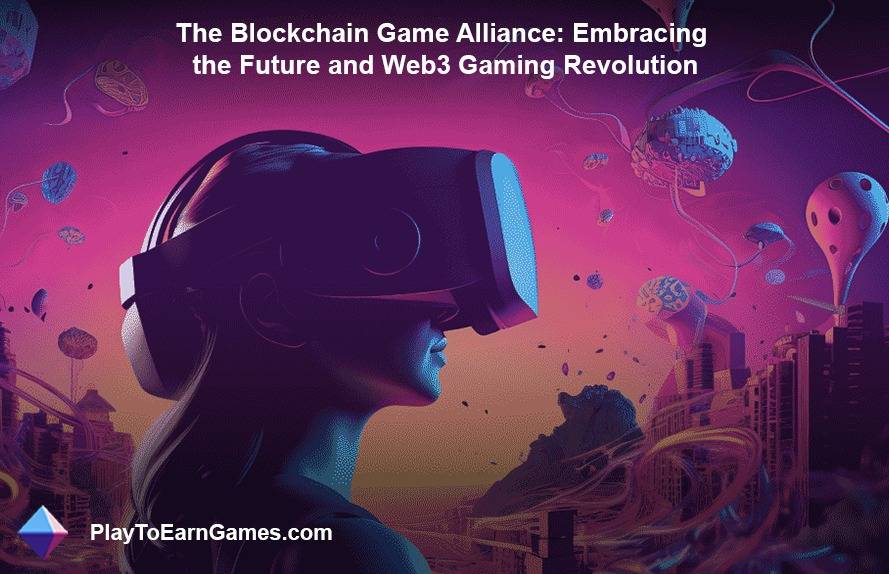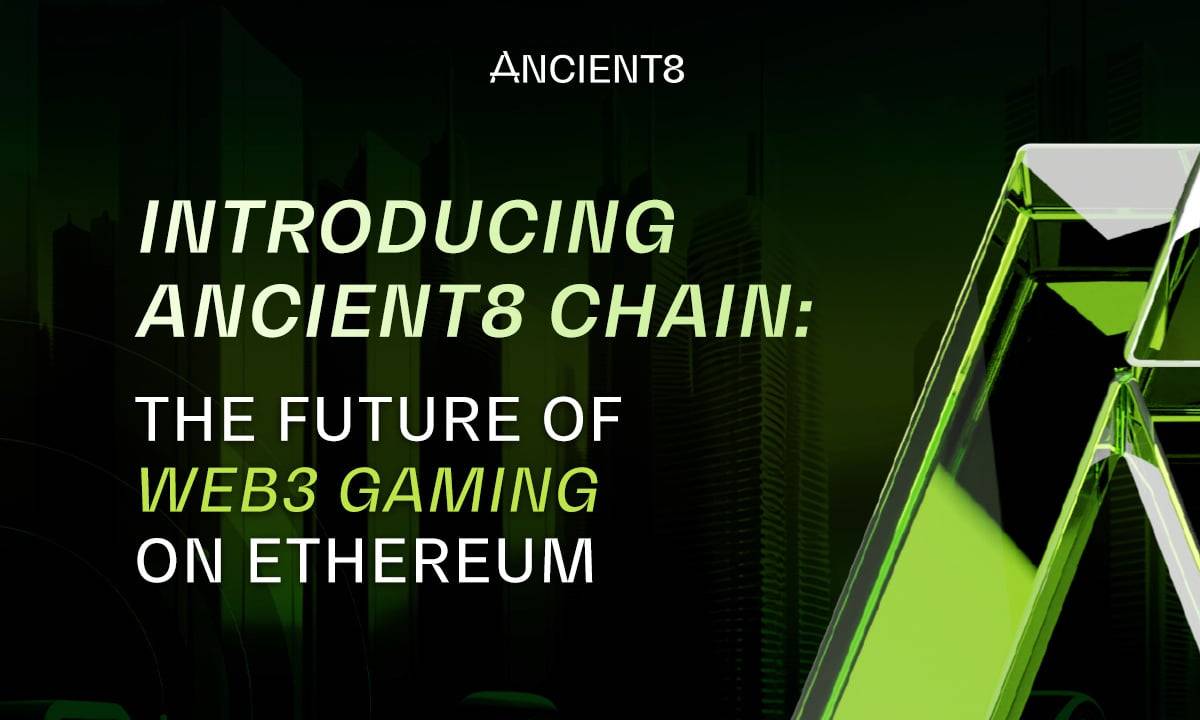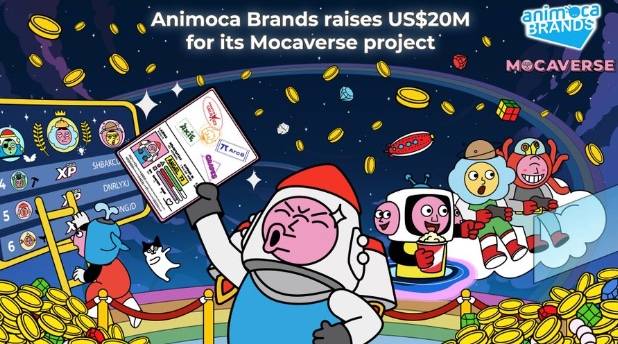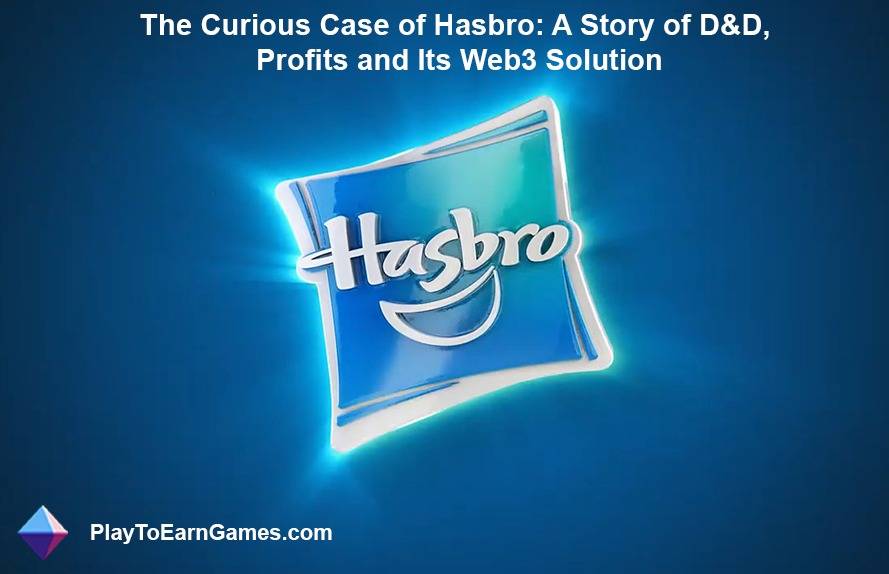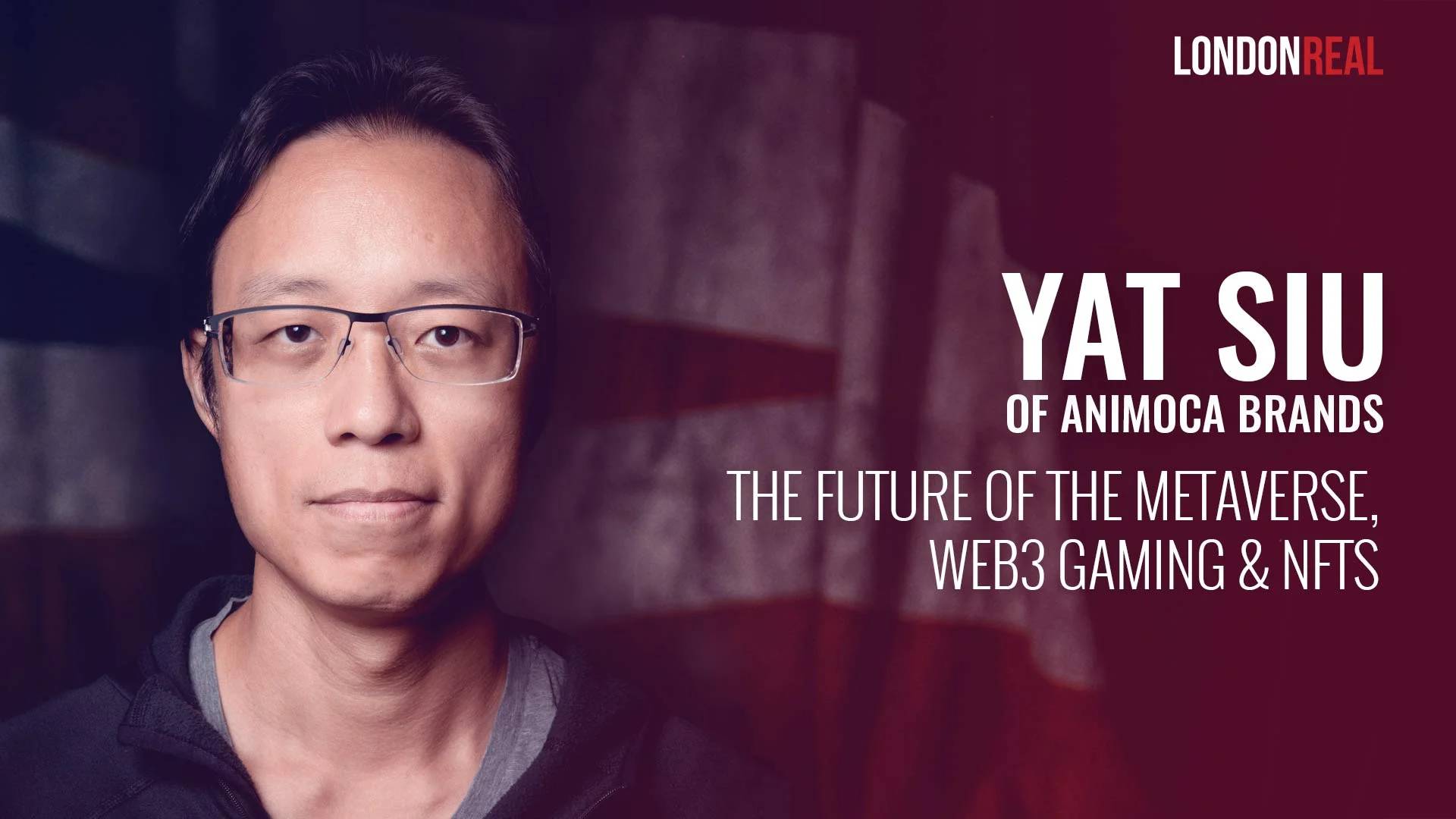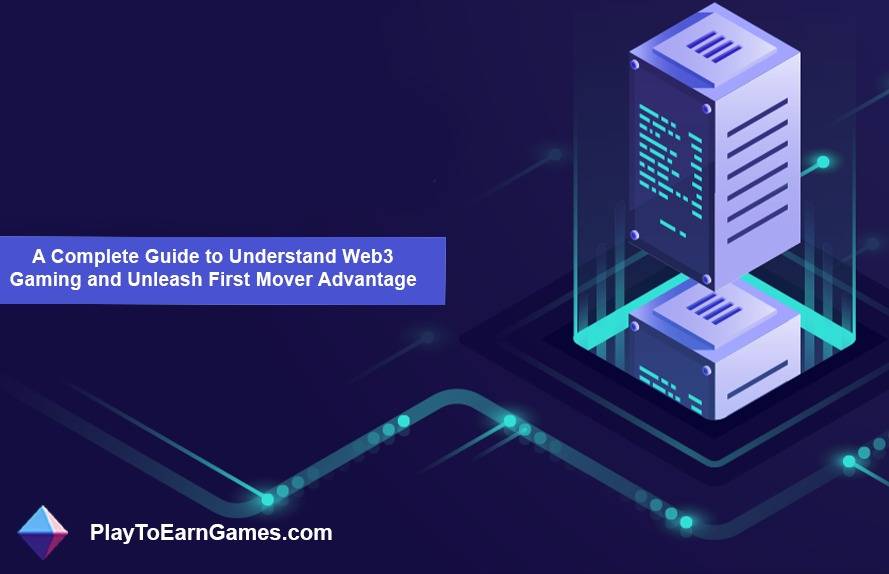
Interview TCG Gaming: Parallel's Unique Gameplay and Insights into Web3, NFTs, and Beyond
In this insightful interview, we delve into the world of Parallel, a sci-fi-themed NFT trading card game that is generating considerable excitement in the TCG (Trading Card Game) genre. Kohji Nagata, the Head of Game Development and Design at Parallel, shares his expertise and provides a detailed overview of what sets Parallel apart from other TCG games. From innovative gameplay mechanics, like the unique banking system and the introduction of Paragons, to the game's monetization model, Kohji explores the balance between free-to-play accessibility and the inclusion of NFTs. Additionally, he offers intriguing perspectives on the future of web3 gaming and blockchain integration, shedding light on Parallel's forthcoming projects, including the AI-powered game "Colony." Dive into the world of Parallel and the evolving landscape of web3 gaming with this informative interview. In a recent interview with PlaytoEarngames.com, Kohji Nagata, the head of game development and design at Parallel, a promising sci-fi-themed NFT trading card game, discussed the unique features of Parallel and shared insights on web3 gaming and NFTs.Parallel differentiates itself from other TCG (Trading Card Game) titles by combining elements from beloved games like Magic: The Gathering, Hearthstone, and Runeterra while addressing issues such as mana management. In Parallel, a banking system allows players to store drawn cards as energy, adding strategic depth to the game. These "Bank cards" can be played face down in the bank and later flipped face up to play. This introduces another layer of decision-making for players.Another innovation in Parallel is the introduction of Paragons, which serve as leaders for players' armies and decks. Each Paragon offers a passive ability that influences gameplay, providing a unique playstyle for each deck. Paragons exist outside of players' hands and can be played when they have enough energy.In terms of monetization, Parallel adopts a "Free to Play" model. While there are elements that players can purchase, they do not provide in-game advantages. Players can download Parallel, obtain starter decks, and compete against others entirely for free. The game also offers a premium battle pass option for $14.99, which includes the opportunity to mint NFT cards. Moreover, in-game currency called "Glints" can be earned by playing, making the game accessible to lower-cost players. The NFT aspect of the game enhances cosmetic aspects without affecting gameplay, and owning more NFTs can earn players PRIME ERC20 tokens for participating in web3-exclusive activities.Looking ahead, Parallel's major milestone for 2023 is the closed beta release, which will gauge player feedback and interest. In 2024, the game plans to introduce new game modes, including automated tournaments and a 3v3 mode, along with a new AI-powered game called "Colony." While Parallel is currently in closed beta, it will aim to reach mainstream audiences once the open beta is launched.Kohji emphasizes the importance of not overwhelming players with web3 elements and blockchain technology, suggesting a gradual introduction rather than a sudden immersion. He believes that web3 and blockchain should enhance the game experience without overshadowing the core gameplay.Lastly, Parallel's upcoming project, "Colony," is described as a "one-and-a-half-player game" where players interact with an AI entity and work together toward common goals. The game focuses on building a relationship with the AI and strategizing for potential disasters, offering a unique gaming experience.In summary, Parallel stands out in the TCG genre with its innovative gameplay mechanics, adopts a free-to-play model with optional monetization elements, and plans to expand its offerings in the future while maintaining a focus on player engagement and web3 integration. News Article Description:Gamers exploring the world of Parallel, a sci-fi-themed NFT trading card game, should keep in mind its innovative gameplay mechanics, led by the unique banking system and the introduction of Paragons. Parallel distinguishes itself from other TCG titles by allowing players to strategically store cards as energy in their banks, eliminating mana management frustrations. Paragons, serving as leaders, offer distinct playstyles, adding depth to the game. Furthermore, Parallel follows a free-to-play model, ensuring accessibility to all players, while optional elements like the premium battle pass and NFT integration provide cosmetic enhancements rather than in-game advantages. With plans for exciting new game modes and the AI-powered "Colony" game on the horizon, Parallel promises a dynamic gaming experience. As the closed beta phase unfolds, gamers can look forward to its open beta release and the gradual integration of web3 elements, making Parallel a noteworthy addition to the TCG genre. Dive into Parallel, a sci-fi NFT trading card game, with innovative mechanics and insights on web3 gaming. Explore its unique features!
Read more
